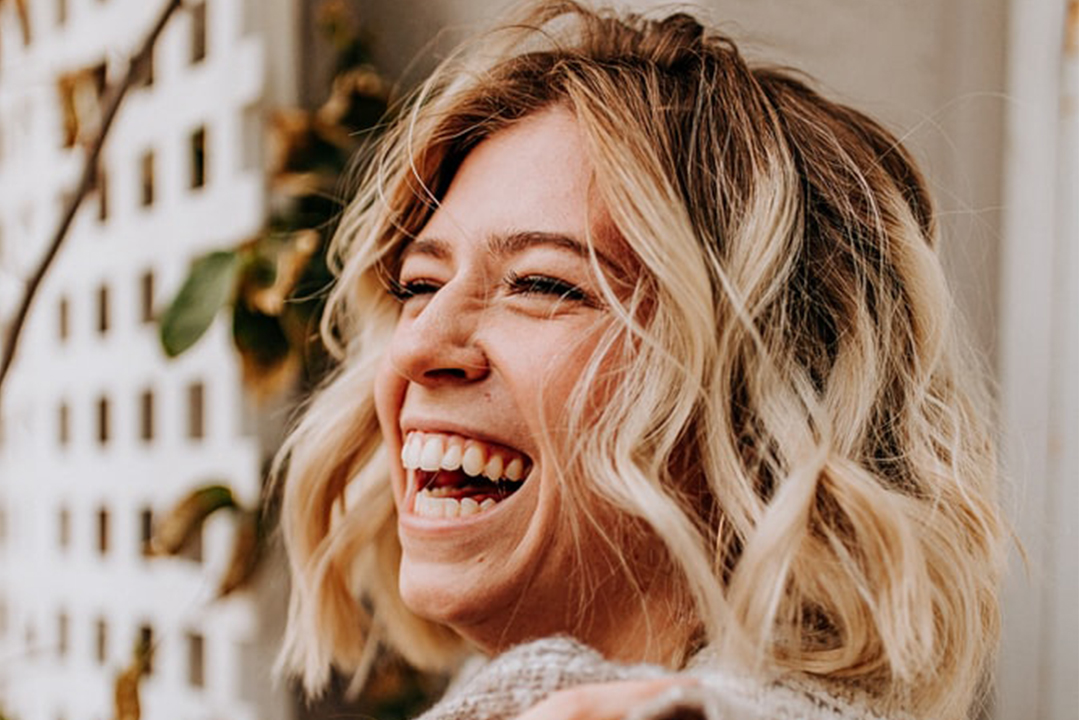Top 3 Nutrients you could be lacking after 50
Looking after our health is important at any age, but as the years go it becomes even more vital.
Keeping active and eating healthily make a difference but what are the important nutrients to keep an eye on?
Here are our top 3 nutrients you need to keep an eye on in your diet when you’re 50 years young:
Vitamin K2
Vitamin K2 is an essential vitamin that directs Calcium into the bones and stops the Calcium from depositing in the arteries and soft tissues. This is important because as we age, we can suffer from bone density loss, making us more susceptible to breaks and fractures from minor knocks or falls.
Vitamin K2 is difficult to obtain from a western diet – the main food sources are from fermented foods such as Natto which isn’t common and to most people, tastes awful! K2 is even harder to obtain on a plant-based diet with other food sources including goose liver, cheese, and dark chicken meat.
As a result it is a common supplement for over 50s, either in a Daily Multi-Vitamin or with Vitamin D, so if you are considering supplementing with Vitamin K, make sure that it is Vitamin K2 and not Vitamin K1, which we tend to get enough of in our diet through green leafy vegetables. The best and most researched form of Vitamin K2 is ‘MK7’ so look out for this as it is the most premium form.
Vitamin B12
If you are feeling more tired than usual and lacking in energy, it may be a sign you’re lacking sufficient Vitamin B12 in your diet. Like many nutrients, absorption of Vitamin B12 reduces with age and deficiency becomes more common.
Vitamin B12 is found in meat products so if you have been reducing your meat consumption, or you’re already on a plant-based diet, you’ll be more likely to be deficient. Good food sources include clams, tuna, beef, eggs, liver and crab.
If you are thinking of taking Vitamin B12 in supplement form, look for a product containing approximately 2,000mcg of Vitamin B12, and look for the Methylcobalamin form which is the best absorbed form. A good Daily Multi-Vitamin and Mineral product will contain approximately 500mcg.
 Vitamin D
Vitamin D
More and more studies have revealed that low Vitamin D levels are commonplace and a major problem in the UK. Why is this even more important as we age?
Vitamin D is crucial for bone health as it helps with the absorption of Calcium into the bones. This is important to manage as we age especially for postmenopausal women who are susceptible to bone density loss. It is also important to remember how important Vitamin D is for our immune health, particularly during winter months and not to mention global pandemics.
The most effective source of Vitamin D is Vitamin D3 from plant sources such as Lichen, or animal sources such as lanolin or sheep’s woold. D2 is an alternative source from plants but is less effective at increasing overall Vitamin D levels in the blood.
Although we can get small amounts of Vitamin D through our diet (for example through eggs, mushrooms and oily fish) by far our main source is from contact with sunlight. This is why the Government advises that we take Vitamin D supplements in the Autumn and Winter months, or if we’re spending a lot of time indoors.
If you’re not gaining these nutrients in a varied, healthy diet, you should consider supplementation. The easiest way to gain them is via a good quality Daily Mult-Vitamin, or you can take these as individual supplements, and depending on your individual needs you may benefit from both a Multi-Vitamin and additional individual supplements.
To learn more about your diet, create a free Diet Profile at www.drvegan.com or select from our range of more absorbable, plant-based supplements to support your body every day.
Silversurfer readers receive an exclusive 30% discount on all DR.VEGAN products – simply add SILVER30 at checkout at www.drvegan.com
By Shona Wilkinson, Registered Nutritionist, mBANT, CNHC





















